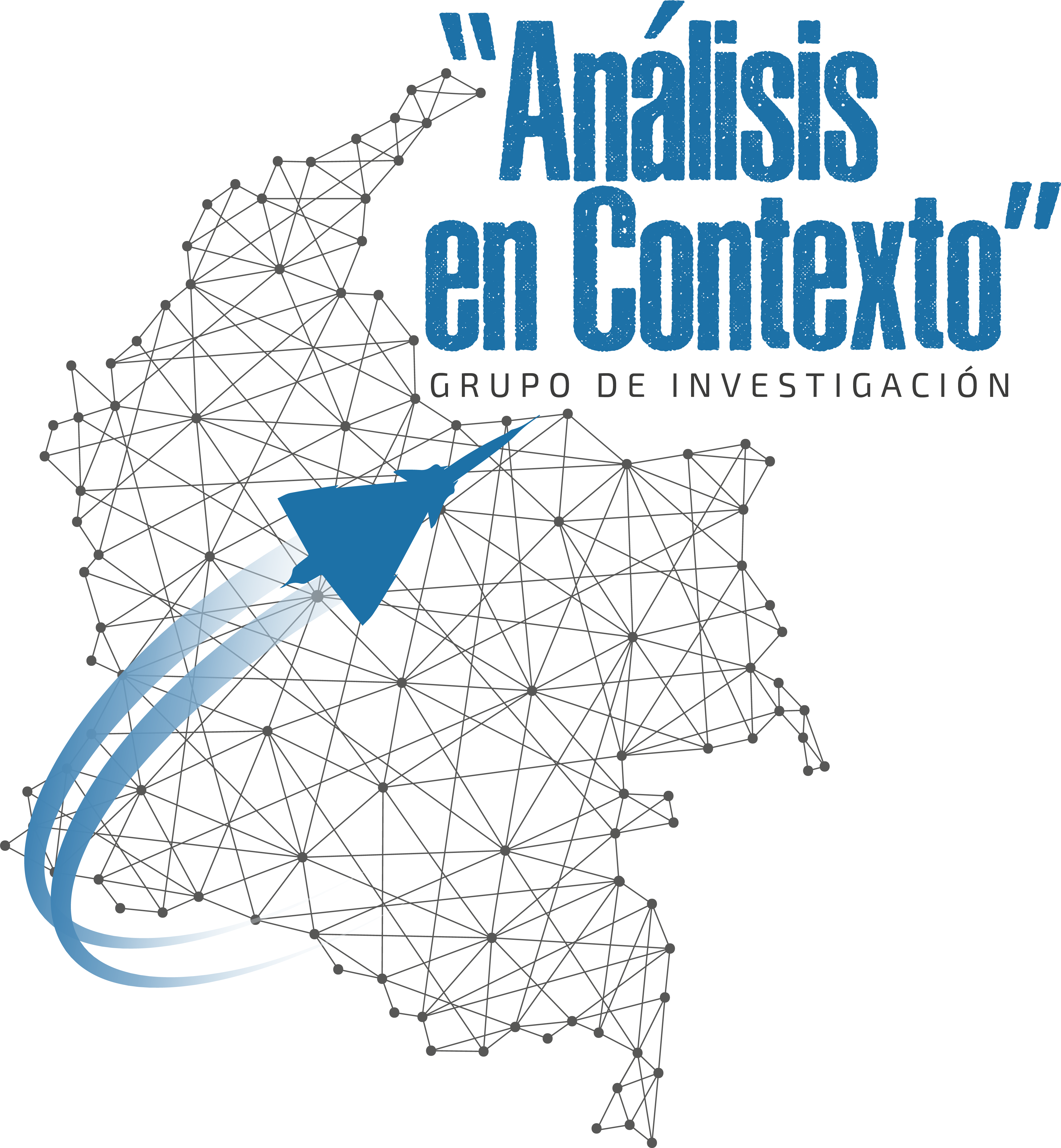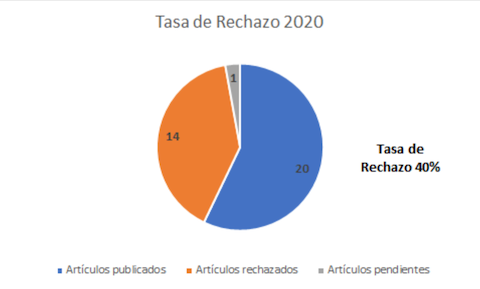Democracia vs crecimiento económico: ¿Quién fue primero, el huevo o la gallina?
DOI:
https://doi.org/10.18667/cienciaypoderaereo.660Palabras clave:
crecimiento económico, democracia, desarrollo, instituciones políticas y económicasResumen
Por mucho tiempo se ha enseñado en las aulas de clase que el mejor remedio para el desarrollo económico es la fortaleza democrática. En ese sentido, entre mayores libertades sociales mayor sería la oportunidad en el crecimiento de una nación. No obstante, con el rápido desarrollo de los tigres asiáticos, donde la democracia no es el común denominador, la visión del desarrollo se volcó, no necesariamente a la fortaleza democrática sino también a la estructura de las instituciones. Aunque la democracia podría seguir siendo el ingrediente principal para lograr ese anhelado y occidentalizado desarrollo económico (Lipset, 1959a,b), no necesariamente es la única variable por considerar para determinar tal avance; más bien, el tipo de instituciones ayudan a establecer incentivos y crear mejores condiciones para alcanzar ese “despegue” en lo político y lo económico. De ahí que, la democracia, en el largo plazo, permitiría abrir el paso al desarrollo, no sin desconocer la importancia de la historia en cada país, lo que al final determina las propias singularidades de su desarrollo.
Descargas
Referencias
Acemoglu, D. (2012). Introduction to economic growth. Journal of economic theory, 147(2), 545-550.
Acemoglu, D., & Robinson, J. A. (2000). Political losers as a barrier to economic development. American Economic Review, 90(2), 126-130.
Acemoglu, D., & Robinson, J. A. (2012, 18 de junio). 10 Reasons Countries Fall Apart. Foreign Policy, (194), 89.
Acemoglu, D., & Robinson, J. A. (2014). Por qué fracasan los países. Los orígenes del poder, la prosperidad y la pobreza. Revista Austral de Ciencias Sociales, 26, 139-146.
Acemoglu, D., Naidu, S., Restrepo, P., & Robinson, J. A. (2019). Democracy does cause growth. Journal of Political Economy, 127(1), 47-100.
Barro, R. J. (1996). Determinants of economic growth: A cross-country empirical study. Cambridge: National Bureau of Economic Research.
Baum, M. A., & Lake, D. A. (2003). The political economy of growth: democracy and human capital. American Journal of Political Science, 47(2), 333-347.
Bayart, J. F. (2010). Les études postcoloniales. Un carnaval académique. Politique étrangère, (4), 912-918.
Burkhart, R. E., & Lewis-Beck, M. S. (1994). Comparative democracy: The economic development thesis. American Political Science Review, 88(4), 903-910.
Cardoso, F. H., & Faletto, E. (1979). Dependency and development in Latin America. California: University of California Press.
Cheibub, J. A., Przeworski, A., Limongi, F. P., & Álvarez, M. M. (1996). What makes democracies endure? Journal of Democracy, 7(1), 39-55.
Feng, Y. (1997). Democracy, political stability and economic growth. British Journal of Political Science, 27(3), 391-418.
Haggard, S. (1990). Pathways from the periphery: The politics of growth in the newly industrializing countries. Ithaca: Cornell University Press.
Haggard, S., & Kaufman, R. R. (2008). Development, democracy, and welfare states: Latin America, East Asia, and Eastern Europe. Nueva Jersey: Princeton University Press.
Helliwell, J. F. (1994). Empirical linkages between democracy and economic growth. British journal of political science, 24(2), 225-248.
Heo, U., & Tan, A. C. (2001). Democracy and economic growth: A causal analysis. Comparative Politics, 33(4), 463-473.
Huntington, S. P. (1970). Political order in changing societies. VRÜ, Verfassung und Recht in Übersee, 3(2), 257-261.
King, G., Pan, J., & Roberts, M. E. (2013). How censorship in China allows government criticism but silences collective expression. American Political Science Review, 107(2), 326-343.
Krieckhaus, J. (2006). Democracy and economic growth: how regional context influences regime effects. British Journal of Political Science, 36(2), 317-340.
Leblang, D. A. (1996). Property rights, democracy and economic growth. Political Research Quarterly, 49(1), 5-26.
Linz, J. J., & Valenzuela, A. (Eds.). (1994). The failure of presidential democracy. Comparative perspectives Volume 1. Baltimore: Johns Hopkings University Press.
Lipset, S. M. (2001) Algunos requisites sociales de la democracia: Desarrollo económico y legitimidad política. En: 10 Textos Básicos de Ciencia Política. España: Ariel, pp. 113-150.
Lipset, S. M. (1959a). Political man: The social bases of politics. Baltimore: Johns Hopkings University Press.
Lipset, S. M. (1959b). Some social requisites of democracy: Economic development and political legitimacy. American Political Science Review, 53(1), 69-105.
Londregan, J. B., & Poole, K. T. (1996). Does high income promote democracy? World politics, 49(1), 1-30.
Mainwaring, Scott and Aníbal Pérez-Liñán (2005). “Latin American Democratization since 1978: Democratic Transitions, Breakdowns and Erosions”. En: The Third Wave of Democratization in Latin America. Advances and Setbacks, editado por Frances Hagopian y Scott Mainwaring. . United States of America. Cambridge University Press.
Mody, A., & Wang, F. Y. (1997). Explaining industrial growth in coastal China: economic reforms… and what else? The World Bank Economic Review, 11(2), 293-325.
Moore, B. (1966). Social origins of dictatorship and democracy: Lord and peasant in the making of the modern world. Boston: Beacon Press.
Needler, M. C. (1968). Political development and socioeconomic development: the case of Latin America. American Political Science Review, 62(3), 889-897.
Nelson, M. A., & Singh, R. D. (1998). Democracy, economic freedom, fiscal policy and growth in LDCs: a fresh look. Economic Development and Cultural Change, 46(4), 677-696.
O’Donnell, G. A. (1973). Modernization and bureaucratic-authoritarianism: studies in South American politics. Berkeley: University of California Intl.
Olson, M. (1945). The varieties of Eurosclerosis: the rise and decline of nations since 1982. Economic growth in Europe since, 73-94.
Olson, M. (1984). Rise and decline of nations. Economic Growth, Stagflation, and Social Rigidities. Connecticut :Yale University Press
Przeworski, A. (1991). Democracy and the market: Political and economic reforms in Eastern Europe and Latin America. Cambridge: Cambridge University Press.
Przeworski, A. (2004). Institutions matter? Government and opposition, 39(4), 527-540.
Przeworski, A., Álvarez, R. M., Álvarez, M. E., Cheibub, J. A., & Limongi, F. (2000). Democracy and development: political institutions and well-being in the world, 1950-1990. Cambridge: Cambridge University Press.
Przeworski, A., Limongi, F. P, Giner, S. (1995). Political regimes and economic growth. En: Democracy and development (pp. 3-27). Londres: Palgrave Macmillan.
Sirowy, L., & Inkeles, A. (1990). The effects of democracy on economic growth and inequality: A review. Studies in Comparative International Development, 25(1), 126-157.
Tilly, C. (2017). War making and state making as organized crime. En. Collective violence, contentious politics, and social change (pp. 121-139). Londres: Routledge.
Wade, R. (2004). Governing the market: Economic theory and the role of government in East Asian industrialization. Nueva Jersey: Princeton University Press.

Publicado
Número
Sección
Licencia
Declaración de cesión de los derechos de autor a la revista
Los autores ceden la Revista los derechos de explotación (reproducción, distribución, comunicación pública y transformación) para explotar y comercializar la obra, entera o en parte, en todos los formatos y modalidades de explotación presentes o futuros, en todos los idiomas, por todo el periodo de vida de la obra y por todo el mundo.
Todos los contenidos publicados en la revista científica Ciencia y Poder Aéreo están sujetos a la licencia reconocimiento 4.0 Internacional de Creative Commons, cuyo texto completo se puede consultar en http://creativecommons.org/licenses/by/4.0/
La licencia permite a cualquier usuario descargar, imprimir, extraer, archivar, distribuir y comunicar públicamente este artículo, siempre y cuando el crédito se dé a los autores de la obra: a los autores del texto y a Ciencia y Poder Aéreo, Revista Científica de la Escuela de Postgrados de la Fuerza Aérea Colombiana. Excepto cuando se indique lo contrario, el contenido en este sitio es licenciado bajo una licencia Creative Commons Atribución 4.0 internacional.
Para usos de los contenidos no previstos en estas normas de publicación es necesario contactar directamente con el director o editor de la revista a través del correo cienciaypoderaereo@epfac.edu.
La Escuela de Postgrados de la Fuerza Aérea Colombiana y esta publicación no son responsables de los conceptos emitidos en los artículos, ni de los metadatos aportados ni de las filiaciones que los autores declaren, ya que esta es responsabilidad plena de los autores.





















